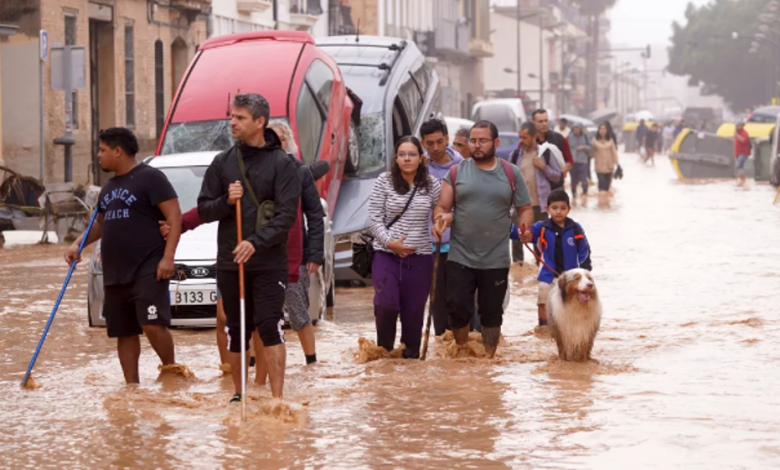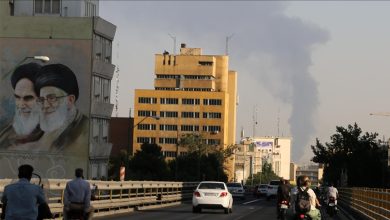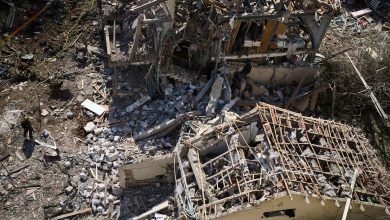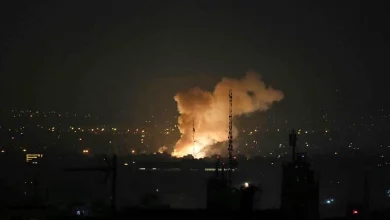Death toll in Spain climbed to 205, marking the country’s deadliest disaster in modern history
The number of fatalities resulting from the unprecedented flash floods in Spain has increased, with meteorologists predicting further rainfall. As the nation grapples with this catastrophic event, it is being described as Spain's most severe disaster in modern history and Europe's deadliest in the last 50 years.

Rescue officials have updated the death toll to 205 following a series of incidents. Among the deceased, 202 victims were reported in the eastern province of Valencia, while two fatalities occurred in the Castille-La Mancha region, located to the south and east of Madrid. Additionally, one more casualty was confirmed in Andalusia, situated in the southern part of Spain.
Spanish authorities have indicated that the death toll is expected to increase as the likelihood of discovering more survivors diminishes. This comes amid ongoing recovery efforts where additional bodies of those reported missing are being located.
A resident from the severely impacted town of Paiporta described the situation as catastrophic, stating to the media, “This is a disaster. The reality is far graver than what television images convey—it is three times more severe. We cannot go on like this; we urgently need assistance.”
Severe rainfall and flash flooding since Tuesday have wreaked havoc, overturning vehicles, collapsing bridges, and burying towns under layers of mud.
In recent days, a coordinated operation involving rescue workers, law enforcement, firefighters, and approximately 1,000 troops has been underway, aimed at locating survivors and victims in the aftermath of devastating floods.
Spain’s Defense Minister, Margarita Robles, announced on Friday the deployment of an additional 500 troops to assist rescue operations in the affected regions. She emphasized that further reinforcements could be dispatched if necessary.
The operations they are undertaking involve rescuing individuals trapped in basements or lower floors, a situation affecting numerous people, regrettably. Additionally, they are engaged in the drainage of water from roadways to facilitate the passage of vehicles, thereby ensuring the delivery of essential supplies such as food and water to isolated communities.
Researchers have established a connection between the increasing frequency and intensity of extreme weather events, including heavy rainfall, flooding, and wildfires, and the effects of climate change and global warming.
Experts assert that global warming is now considered “irreversible.” However, its impact can still be lessened through efforts to curtail the emission of heat-trapping greenhouse gases into the atmosphere.
In a bid to address climate change, nations worldwide must reduce greenhouse gas emissions originating from major sources, including power plants, industrial facilities, vehicles, and agricultural operations. Enhanced conservation efforts targeting forests, oceans, and soil—natural reservoirs for these gases—are also vital components of the solutions required to curb the impact of climate change.







